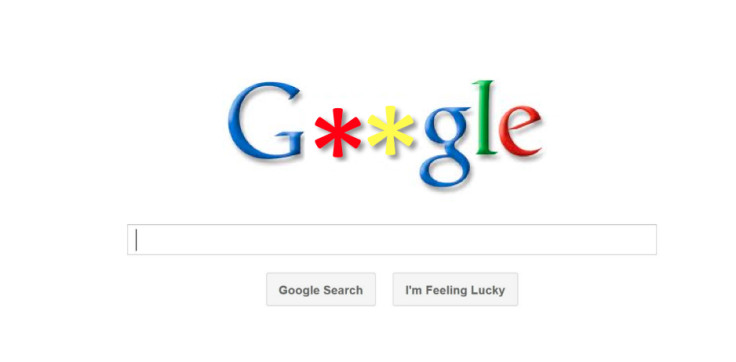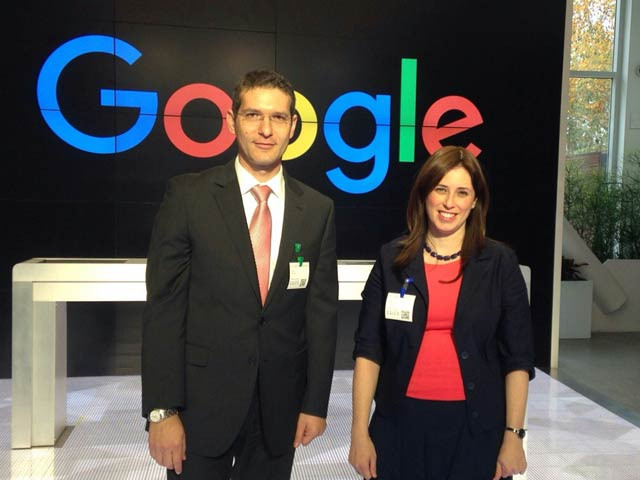Israel requests Google to block Palestinian videos from YouTube

UPDATE: The Israeli Ministry for Foreign Affairs has corrected its original announcement which, in error, suggested there had been an agreement with Google to establish "a mechanism to monitor online materials".
Google representatives have met Israeli officials to discuss "inflammatory" Palestinian videos being posted to YouTube. Israel's Deputy Foreign Minister Tzipi Hotovely claimed that both the Palestinian education system and social media platforms such as YouTube were being used to incite Palestinian children to carry out violent acts against Israeli citizens.
Hotovely met Google's senior counsel for public policy, Juniper Downs, and YouTube chief executive Susan Wojcicki at the company's Silicon Valley headquarters to discuss a process of monitoring and preventing the publication of videos deemed to encourage violence and terrorism. According to Hotovely, some Palestinian videos were used to goad children into stabbing innocent Israelis.
"The daily stabbings in Israel are a result of young boys and girls who are indoctrinated from an early age in the Palestinian education system and through social media," Hotovely said. "We are engaged daily in confronting incitement to violence, a task which can benefit greatly from the cooperation of those companies that are involved in social media."

Violence between Palestinians and Israeli forces has flared up again in recent months, with 94 Palestinians and 16 Israelis killed in clashes since the start of October. According to Middle East Monitor, since the latest escalation in violence: "Many people have been sharing videos depicting Israeli aggression towards Palestinians to highlight the Palestinian perspective of the conflict."
In a statement to IBTImes UK, a Google spokesperson said: "Following media reports about a meeting last week between Google / YouTube executives and the Israeli Deputy Minister of Foreign Affairs, we wanted to clarify that this meeting was one of many that we have with policymakers from different countries to explain our policies on controversial content, flagging and removals."
According to Google, the Israeli Ministry for Foreign Affairs made an error in suggesting that there had been an agreement with Google to establish "a mechanism to monitor online materials".
Jewish blogger Richard Silverstein suggested that the collaboration between Google and Israel could set a dangerous precedent for online censorship.
"There are so many problems with Hotovely's claims, it's hard to know where to start," Silverstein wrote in a blogpost. "But my major problem is with the issue of censorship. Has Google agreed to censor videos? Has it been pressured to remove videos which document violence, whether perpetrated by Israeli security forces or Palestinian protesters?
"My guess is that Google... hosted the meeting because they agree to meet foreign diplomats in order to maintain good relations with foreign users and their governments. I strongly doubt Google has agreed to any formal arrangement that could lead to restricting video content. But if they have, it would be very important to know this."
© Copyright IBTimes 2025. All rights reserved.






















